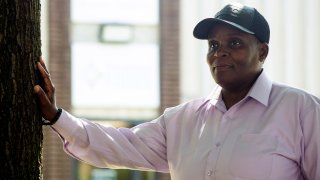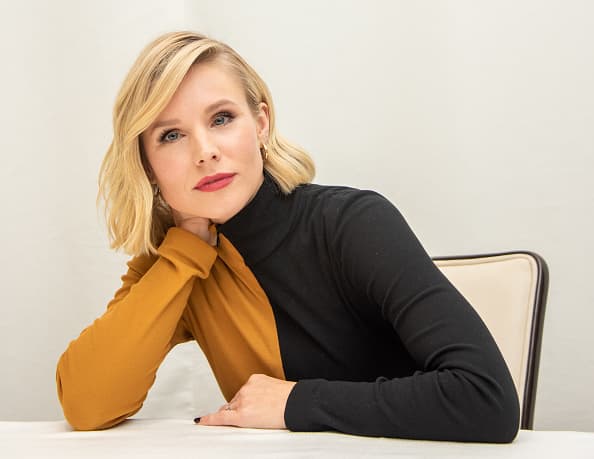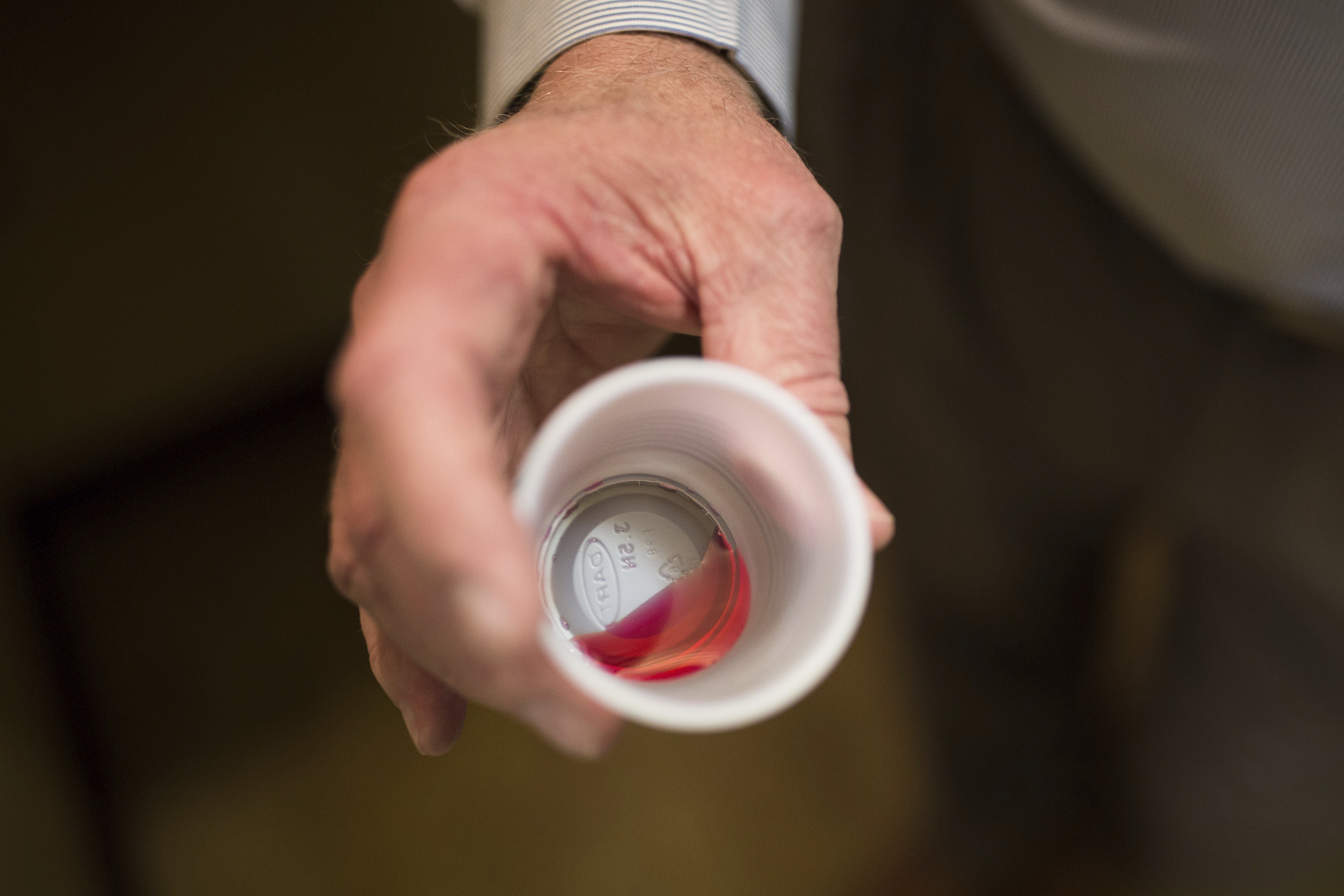
An innovative program to help people with mental health and substance abuse problems is being primed for a major expansion as the COVID-19 pandemic deepens struggles with drug use, depression and anxiety for many Americans.
Community behavioral health clinics offer 24/7 services to catch people falling into crisis and pull them back. One tactic involves deploying peer counselors who have lived and survived their own trauma. Launched in the Obama administration, the clinics actually got scaled up under President Donald Trump. That's not typical for a government health program in politically polarized times.
Now, as Democrats haggle over the details of how to deliver on President Joe Biden's domestic agenda, some backers see that mammoth bill as the best vehicle for a major expansion of the clinics. The estimated cost is close to $3 billion, not huge in the context of the $3.5 trillion budget target just set by the Senate. But with many competing priorities nothing is guaranteed.
“I'm advocating that this be part of any health care package that moves in the Senate,” said Sen. Debbie Stabenow, D-Mich. She and Sen. Roy Blunt, R-Mo., are considered legislative godparents of the clinics, a yearslong bipartisan collaboration between a liberal stalwart and an old-school conservative.
Get Tri-state area news delivered to your inbox.> Sign up for NBC New York's News Headlines newsletter.
More Mental Health Coverage
This could be their moment. The COVID-19 pandemic is blamed for a nearly 30% rise in overdose deaths last year,and other indicators show marked increases in anxiety and depression. Young adults and adolescents are of particular concern.
“Clearly the impact of the pandemic on people’s mental health was significant,” said Blunt. “If you had any kind of addiction issue, it was likely to get worse as you’re more likely to be isolated and have more anxiety. On every health marker I’ve seen, things are headed in the wrong direction.”
Blunt may be in a political bind if the proposal is part of the Democrats' budget bill, unlikely to get Republican support.
The program's official name is “Certified Community Behavioral Health Clinics,” or CCBHCs in government-speak. Upward of 400 are already operating in more than 40 states. But the program is not yet that well known, and long-term funding is questionable.
Stabenow and Blunt would give states the option of incorporating the clinics within their Medicaid programs, securing federal matching funds at an enhanced rate.
“We are finally putting in place quality, comprehensive services for mental health and addiction that will be funded the same as physical health services,” said Stabenow. In the House, Rep. Doris Matsui, D-Calif., leads the effort.
The lives of people with serious mental health problems and addiction lurch from crisis to crisis and don't align with doctors' office hours. Clinics must offer round-the-clock access to a broad range of services tailored to the client's situation in the moment. Services include medication assisted treatment for addiction but also evaluation of physical health needs.
A peer counselor at the clinics can be someone who's gone through addiction or grappled with the inner shadows that drive people into depression and isolation. They connect to clients and help them hold to a steadier course, even when upsets happen like relationship or job problems.
The clinics are nonprofits or units of local government. They place special emphasis on assisting veterans. And they coordinate with local law enforcement to help keep patients out of jail. Though government-funded, they also serve privately insured people.
The theory is that comprehensive services can help keep people out of crisis, avoiding hospitalization and incarceration, saving taxpayers money in the long run. However, a recent review by the congressional Government Accountability Office found that agency efforts to evaluate the program were hampered by data problems. For their part, state Medicaid directors say they recognize the need and see the value of comprehensive services, but Medicaid can't handle it alone.
The initial starter program in the Obama administration involved a limited Medicaid demonstration. Under Trump, funding increased via grants awarded through another health agency. Central to their financial viability, the clinics get paid up front based on estimates of their expected cost of providing services.
“Before we would only get paid for the therapy and the medication, so we certainly couldn’t do anything extra to help with linking up services such as food and housing,” said Elizabeth Woike-Ganga, president of BestSelf Behavioral Health in Buffalo, New York, part of the program. “And it’s those social factors that often impact people with mental health problems.”
BestSelf client Ron Sibley suffers from chronic serious mental illness. Now in his 50s and on disability, Sibley used to enjoy working with his hands. He did woodworking, refinished furniture, and held down an assembly line job. But the effects of his medications have diminished his manual dexterity.
Before he connected with BestSelf, Sibley said he would wind up in cycles of depression that could land him in the psychiatric ward of the hospital for weeks. But working with his peer counselor and using Zoom to join a social club sponsored by the clinic have helped him avoid that.
“I’ve learned a lot about staying well,” said Sibley.
Last winter, he felt himself being sucked into a downdraft. “Before, once I started to get sick, I would get sicker and sicker until I went in the hospital,” Sibley said. “My peer counselor got me through it. She asked, ‘Are you depressed? You seem depressed.’ She got me to open up more about it.”
Mona Lisa McEachin was recruited to work at BestSelf by people who knew her life story. McEachin said she had used drugs for 20 years, but turned her back on that after she was handed responsibility for caring for a young grandson. (Her grandson just graduated high school and is headed for college.)
At the clinic, McEachin said she found her life's calling being a peer mentor to others struggling with addiction.
“For the first time in my life I felt like I could take something in my past and use it to help others,” said McEachin, now a trainer. "To help give someone else life is just a feeling that you can’t describe.
“We're like the peanut butter to the jelly,” she added.



